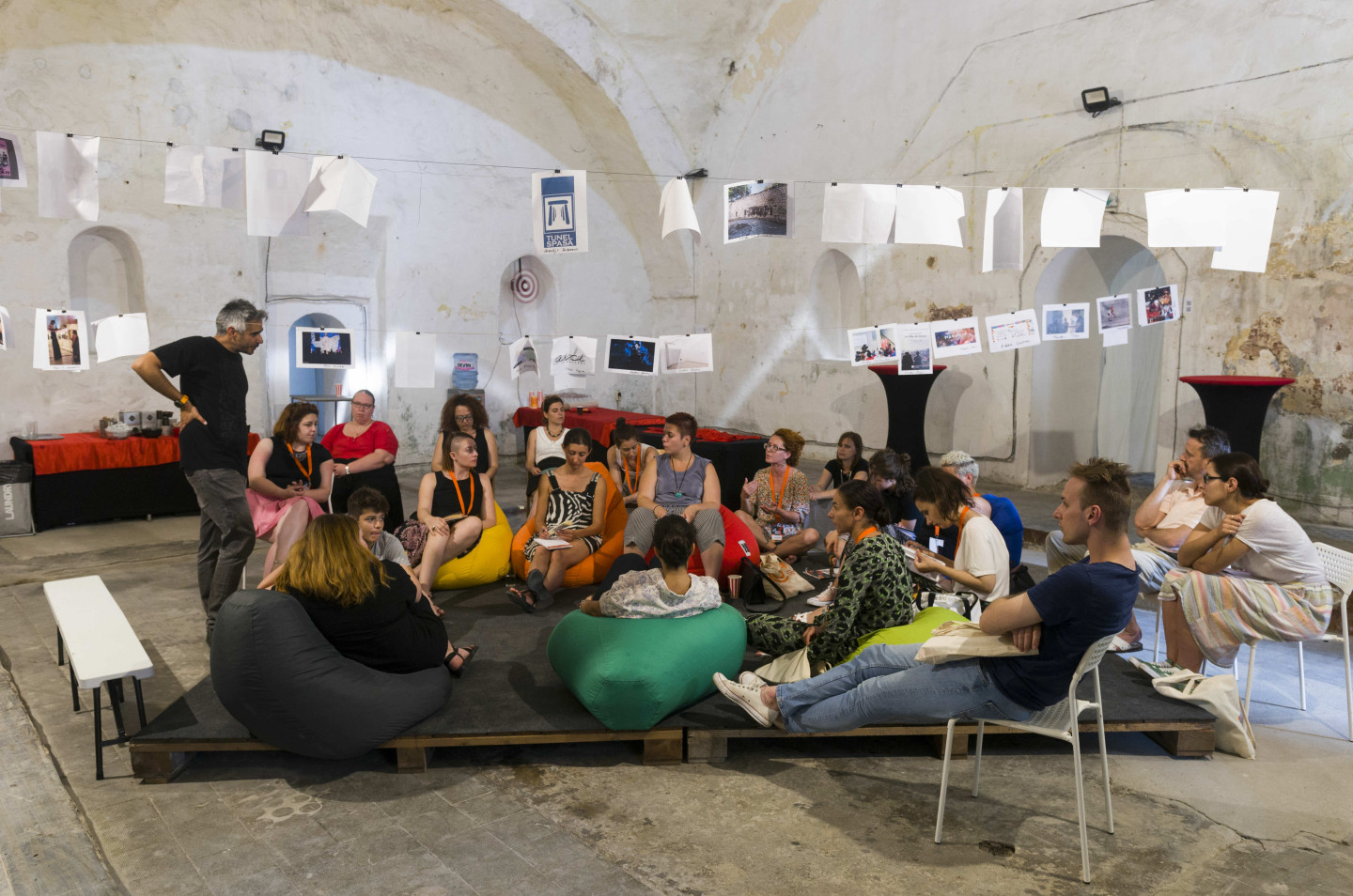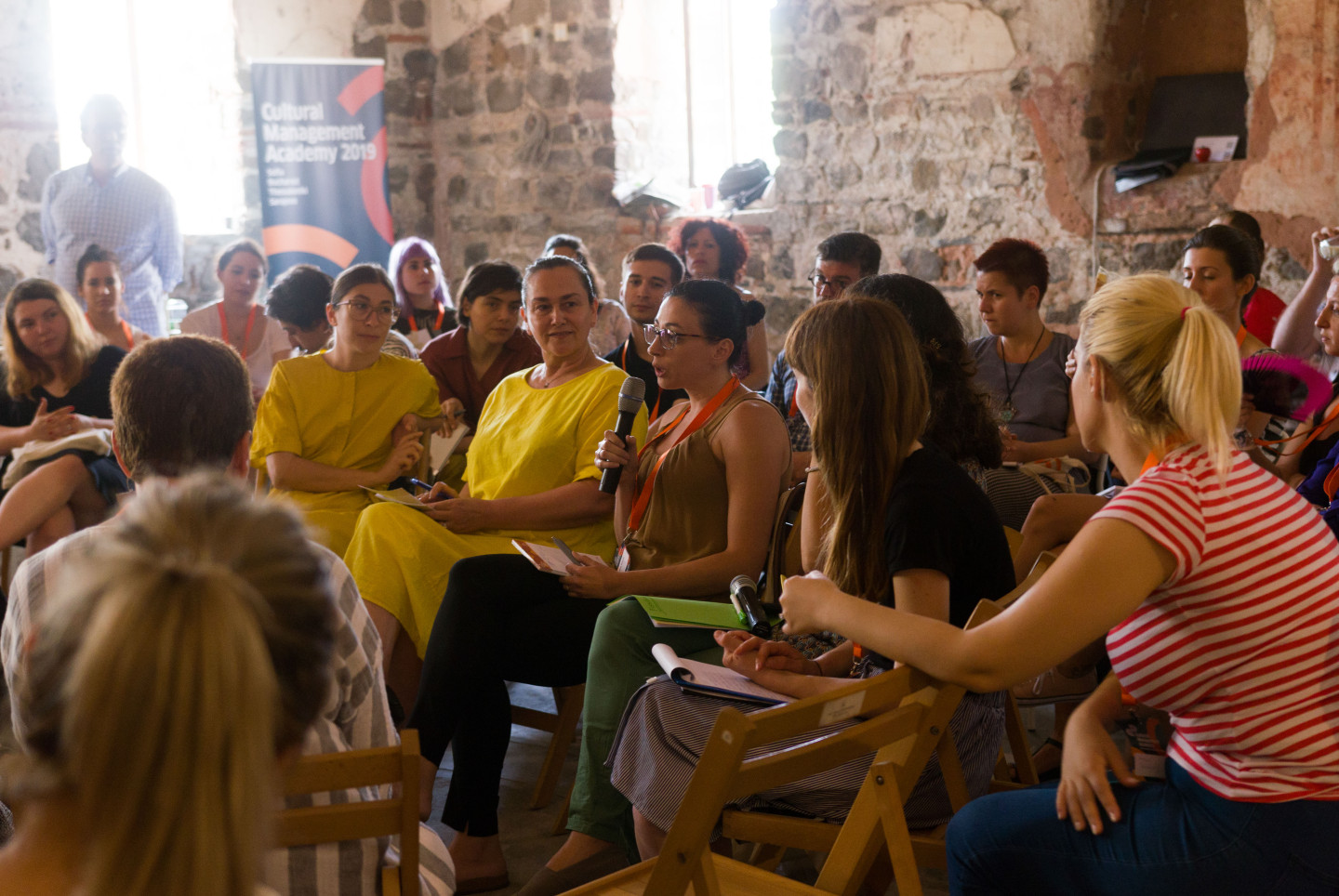The EUNIC cluster in Bulgaria, together with the clusters in Romania, Thessaloniki and Bosnia-Herzegovina, extends its contribution to the international postgraduate programme of the Cultural Management Academy (CMA) by supporting and taking part in the annual CMA network meeting and financing new project ideas with micro grants.
The 2019 edition of the Cultural Management Academy (CMA) officially kicks off with the CMA Network Meeting & Idea Camp taking place in Jule in Plovdiv - European Capital of Culture 2019 and continuing in Sofia. The process goes on with an intensive one-week seminar, taking place in autumn 2019 in the country of origin/residence of participants. The programme aims at building capacity of cultural professionals and therefore the CMA offers possibilities for funding of new collaborative projects through the CMA Fund. The partnerships and project ideas are expected to be born during the CMA Idea camp in Plovdiv and further developed and implemented.
The 2019 CMA is dedicated to the topic „Culture and arts in transition: the digital era“. Through lecturers, workshops, discussions and presentations participants, experts from digital arts, IT and gaming sectors explore the various notions of new technologies and digital systems and their impact on cultural management.
The way we position ourselves in the turbulence of the digital change is an issue that frequently arises among cultural managers. Questions like “How does digital technology change our audience's expectations? How do cultural operators prepare for the meeting with digital technologies, virtual or augmented realities? How do they imagine the future of culture and arts in such an environment?” are explored. Participants also reflect on topics of "European capitals of culture in the region of South-East Europe“ and "International collaboration and role of the EUNIC clusters".


